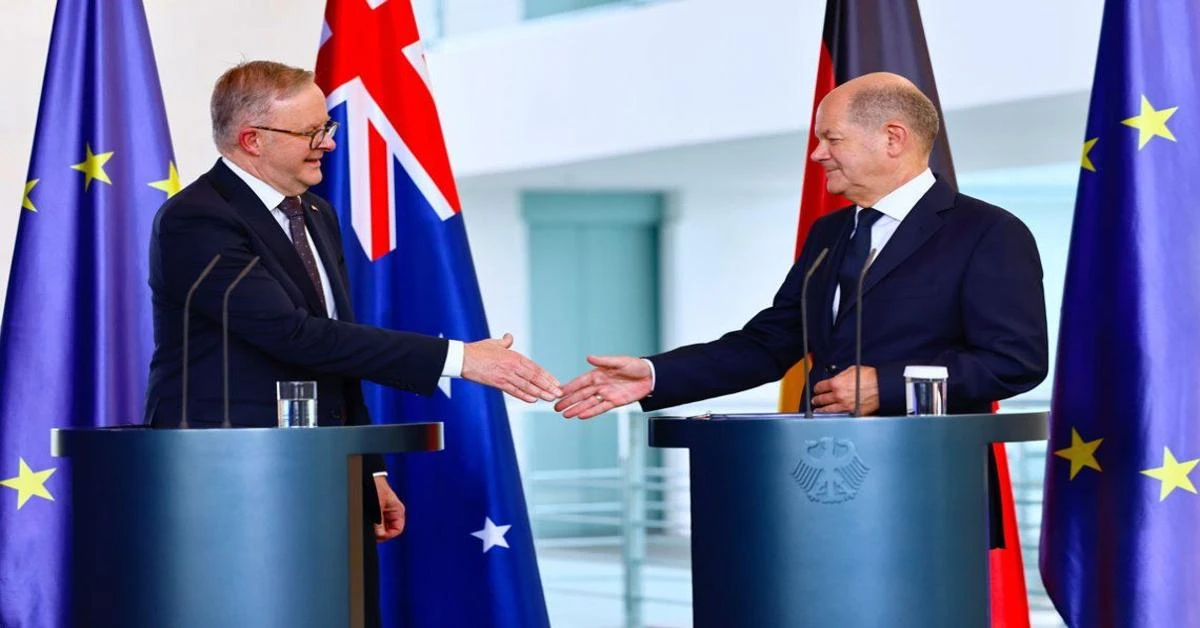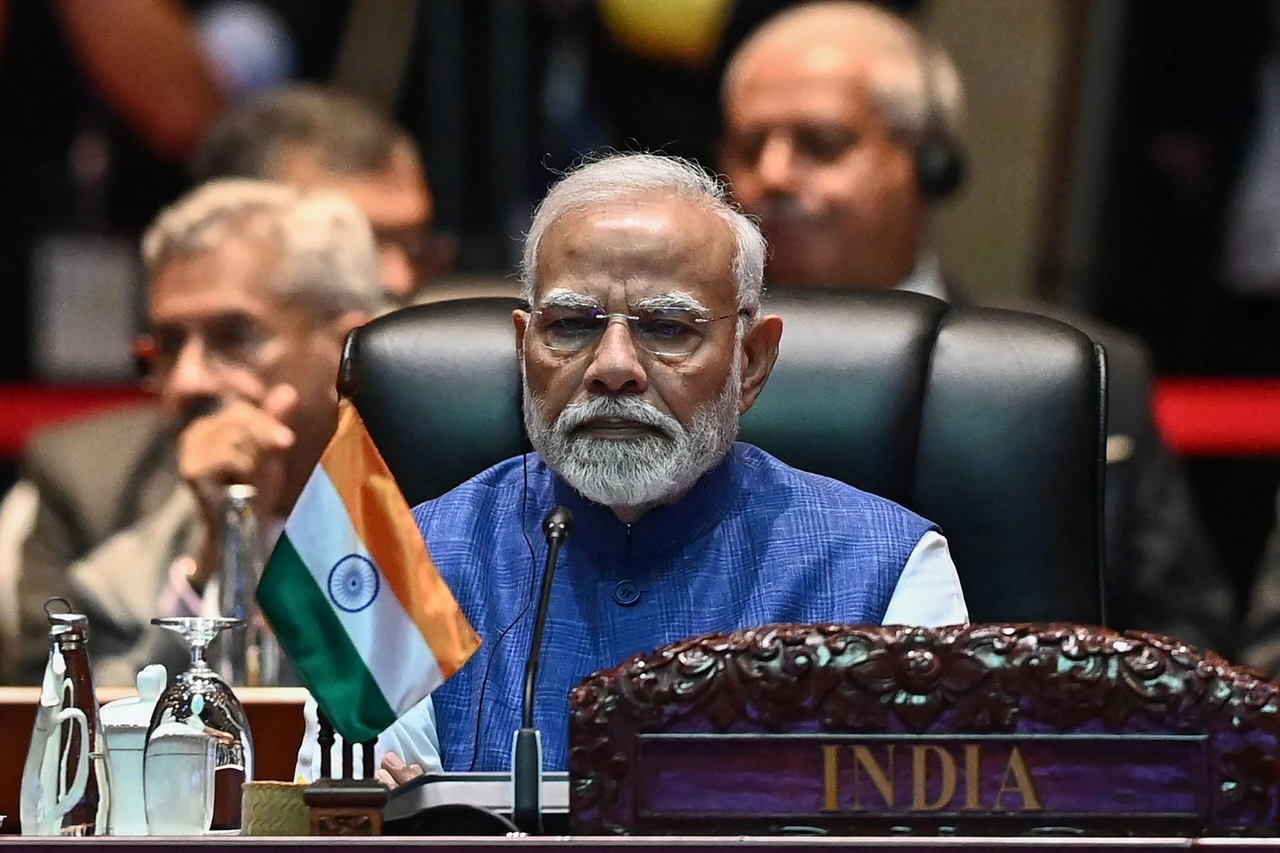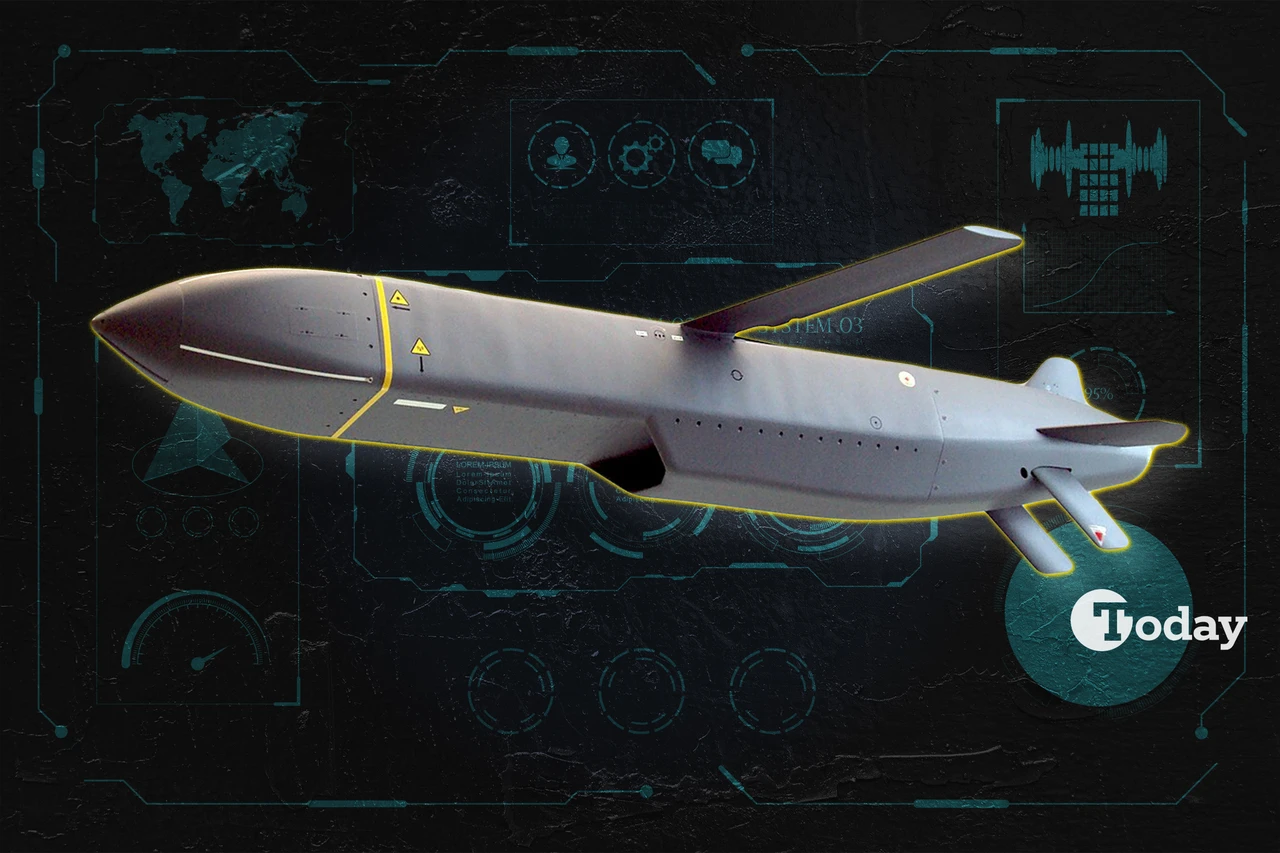Australia, Germany strike record $664.5M defense deal

Australia seals its largest-ever defense export agreement, worth over $664.5 million, supplying 100 armored vehicles to Germany
Australia’s Prime Minister announced on Thursday that the country has sealed its most significant defense export agreement to date, valued at over 1 billion Australian dollars ($664.5 million), with Germany for providing armored vehicles.
Prime Minister Anthony Albanese, alongside Defense Minister Richard Marles, disclosed in a joint statement that Australia will deliver 100 Boxer Heavy Weapon Carrier vehicles to the German Army.
Rheinmetall will manufacture these vehicles at its Military Vehicle Centre of Excellence in Redbank, Queensland.
“Under the deal, Australia will supply 100 Boxer Heavy Weapon Carrier vehicles built by Rheinmetall at its Military Vehicle Centre of Excellence in Redbank, Queensland … for use by the German Army,” stated Prime Minister Albanese.
The agreement was initially inked last year during Prime Minister Albanese’s official visit to Berlin, and it has now received approval from the German parliament.
Global alliance and $7 billion naval expansion project to curb Chinese influence
Besides this deal, Australia has recently embarked on an ambitious naval expansion project, earmarking over $7 billion to bolster its naval capabilities, marking the most significant maritime expansion since World War II.
This initiative aims to double the size of its major warship fleets and modernize the existing navy.

The announcement comes in the backdrop of the formation of AUKUS in 2021, a trilateral security pact among Australia, the U.S., and the U.K., aimed at reinforcing security and stability in the Indo-Pacific region. Notably, the pact is perceived as a strategic response to China’s growing regional influence and assertiveness.
The timing of these developments underscores the escalating tensions in the Indo-Pacific, where China’s influence and military presence have been expanding rapidly. Critics argue that China’s actions threaten regional stability and security, necessitating robust countermeasures.
However, the AUKUS deal has faced criticism from some quarters.
Last March, former Prime Minister Paul Keating criticized Albanese’s government, alleging that the pact was designed to facilitate the acquisition of nuclear submarines from the U.S. for joint military operations targeting China.
Source: Newsroom



